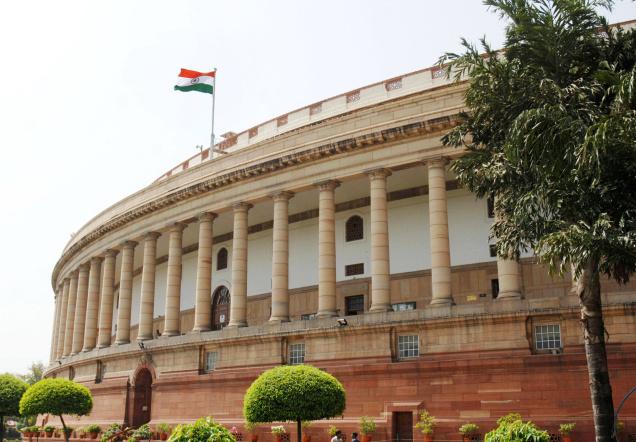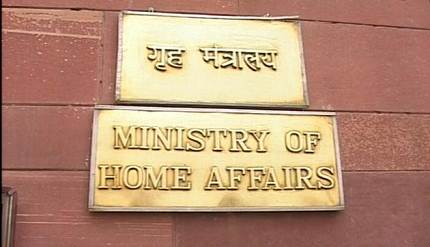
NEW DELHI (TIP): “In one year, Parliament runs for eighty days during sessions. Each day, business in both Houses are transacted for around six hours. If we take into account the total annual expenditure on Parliament, then for each minute of running the House costs Rs. 2.5 lakh,” the author of this statement could be the Parliamentary Affairs Minister of the Modi Government after the continued logjam in Parliament.
However, ironically, this statement was made by a former Parliamentary Affairs Minister Pawan Kumar Bansal to the Opposition as the monsoon session of Parliament was almost completely washed out in 2012 over the controversy on coal block allocations with BJP insistent on Prime Minister Manmohan Singh’s resignation.
Pawan Kumar Bansal, who later had to resign as the union Railways minister, went on to say that Parliament will lose its relevance and significance if only disruptions take place in the House. He added that “77 % of the session’s business time in Lok Sabha and 72 % in Rajya Sabha was lost due to disruptions in this session and asked the Opposition to realize that “enough is enough”.
According to official estimates, Parliament meets on an average 100 days in a year. The total budgeted cost of running Parliament is around Rs 600 crore per year which translates in to Rs six crore every day.
The BJP had on several occasions in the past declined to let Parliament function and is now finding itself in a similar situation. The current Minister of State for Parliamentary Affairs Mukhtar Abbas Naqvi had this to say for the current impasse: We pray for wisdom to the protesting Congress and other opposition members to help allow smooth functioning of Parliament….. We hope better sense prevails upon Congress and other members.
The conflict between the treasury benches and the opposition stems from the fact that while the opposition is demanding resignation of external Affairs minister Sushma Swaraj and Madhya Pradesh chief minister Shivraj Chauhan, the treasury benches assert they are willing to discuss and debate the issue but the ministers shall not resign. The government has also ruled out a statement by Prime Minister Modi, as demanded through a notice in Rajya Sabha, to speak on the issue.
As the left leader Sitaram Yechuri put it, Parliament is not an investigative agency and , therefore, a debate on the issue would not serve the purpose. He said that as per tradition, and the law, the accused must be placed under suspension till the investigation in to the allegations are complete as there is a chance of the investigations getting hampered by the accused in office. He said discussion was no substitute for investigations.
Given the adamant stand on both the sides, it is unlikely that the House would be allowed to function and important legislations awaiting Parliament’s nod – like the GST Bill and amendments to the land acquisition Bill, are not likely to be passed.
Political experts point out that though brief disruptions had taken place in parliament over the years but there were leaders would fund a way through discussions or involve neutral senior parliamentarians to sort out the issues. However, with stakes high and with Rahul Gandhi trying to assert himself, there is little possibility of an early resolution of the situation. With the elections to the critical Bihar Assembly looming large, it has become a prestigious issue for the rival parties to hold on to their stand despite the high cost of the functioning of parliament and wastage of public resources in the process. Perhaps there would be lesson for them in the outcome of the Bihar elections.





Be the first to comment